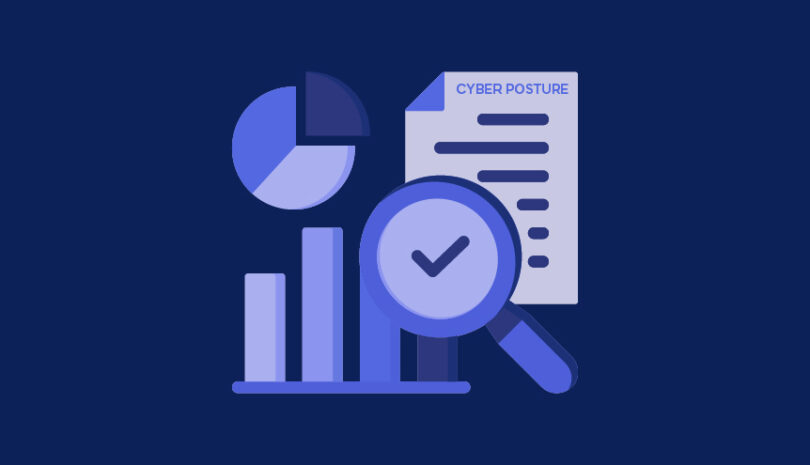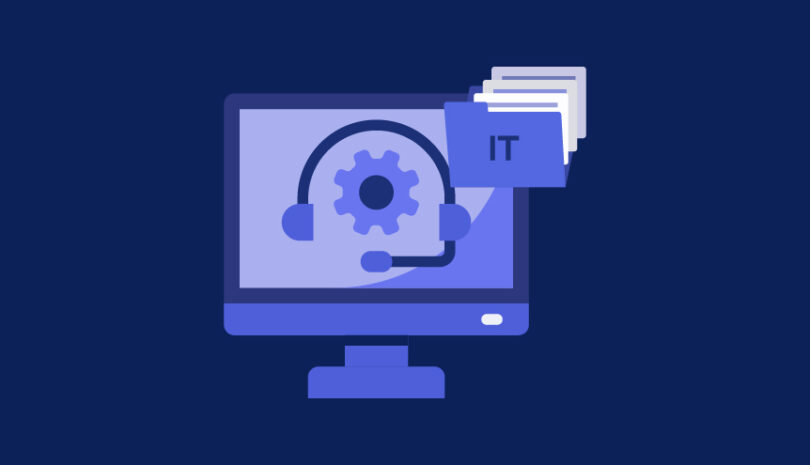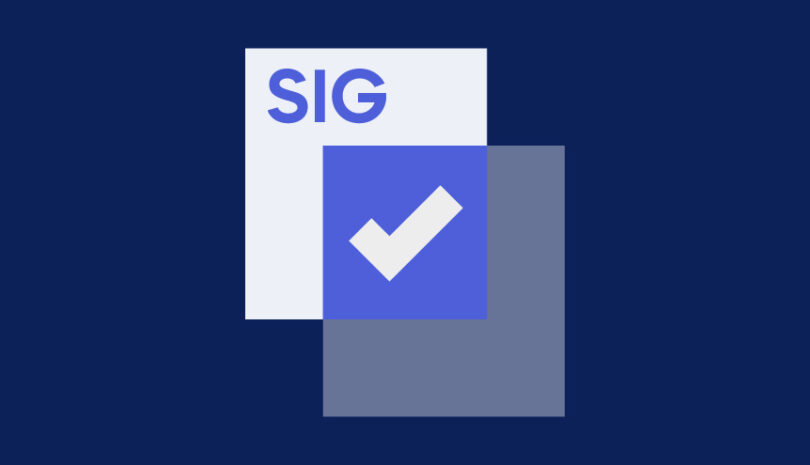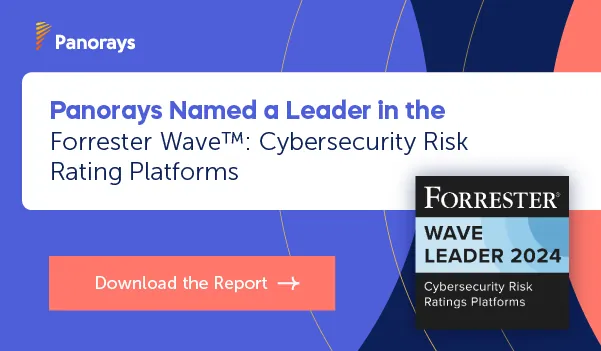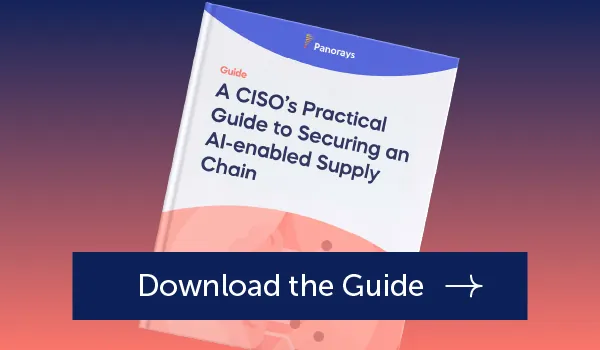If you’re like most companies, you want to do business with vendors because they simplify your life. That is, unless your vendors are breached. Then they complicate, and may even threaten, your business. Why does this happen? And what, if anything, can you do to prevent this from happening?
What Does Your Vendors’ Security Have to Do With You?
When you give third-party vendors access to your systems, you are providing additional avenues for cybercriminals to find a way into your network. That’s why you want to be sure that your vendors are taking cybersecurity as seriously as you are. Potential vulnerabilities need to be addressed and mitigated if necessary. Cyber risk assessments will help ascertain what security controls your vendors currently have in place, as well as how resilient they are should an attack occur.
While there’s no magic formula to prevent a vendor breach, there are steps you could—and should—be taking to determine if your third parties’ security is aligned with your organization’s risk appetite.
Consider these 4 requirements as non-negotiable before allowing any third-party access to your proprietary information, as well as your customers’:
- Complying with regulations
Consumers need to trust that their personal information is handled with care and that appropriate measures have been taken to protect their data. With lots of private data stored online and in company databases, a data breach can have huge ramifications for consumers as well as for the business charged with protecting their data. Depending on your industry and what kinds of data you’re handling, you may also be legally required to conduct at least some form of third-party risk management as part of the compliance requirement. If you don’t, you could be fined or held responsible for the damages. In order for suppliers to work with you, they should be performing the necessary steps to comply with pertinent data privacy regulations.
- Managing the process
Because data is one of an organization’s most important assets, you must prioritize its security. To do so, your vendors need to have a designated, C-level executive who’s responsible for protecting digital information by implementing an Information Security Management Program. The three components of the CIA triad which act as the cornerstone for information security within an organization include confidentiality, integrity and availability. Security professionals use the CIA triad to understand and assess an organization’s risks and vulnerabilities and implement security controls to protect its assets.
- Monitoring data access
The earlier your third-party vendor detects an intrusion, the earlier it can respond and prevent further damage, including potential damage to your organization. Unauthorized access to data can result in disclosure of not just your vendor’s confidential information, but yours as well. It’s imperative that vendors assess the amount and the critical nature of the data that employees can access. Companies should conduct periodic reviews of users and permissions, modify user access and even make sure to fully erase obsolete laptops before disposal. By limiting access to critical data, your vendors can reduce the threat of an attacker accessing the corporate network, which of course can trickle down to accessing your organization’s private data.
- Notifying in case of a breach
The best way to minimize damage to your organization is to be alerted of a breach as soon as possible. This enables you to quickly and methodically conduct all necessary investigations regarding any potential damage caused by the cyberattack on your third party. It’s important to note that some regulations require companies to notify a supervisory authority of a cyber breach within a specific period of time. Of course, in addition, you may also be required to alert your customers.
How Panorays Helps Meet Third-Party Security Requirements
Panorays helps expedite your third-party security management program through its automated platform. It is the only platform providing a rapid supplier cybersecurity posture that combines automated security questionnaire results with attack surface evaluations while also considering the business context. Additionally, the platform ensures your vendors’ compliance to regulations and standards by continuously monitoring any security changes with your vendor.
Are you interested in a third-party security assessment, or are you looking to learn more about how our third-party security management platform can help you? Contact us today for a free consultation, or sign up for a free demo today.

